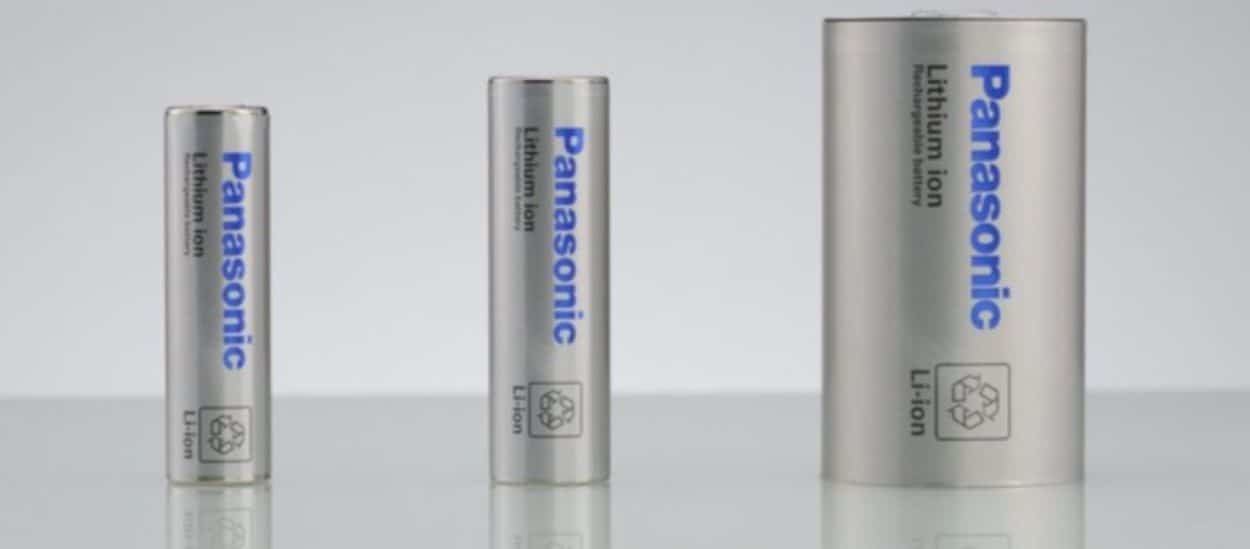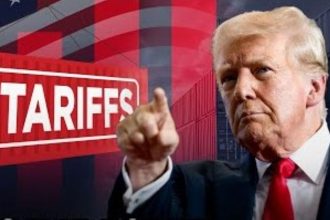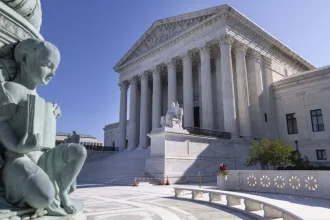Panasonic aims to launch a new anode-free battery by 2027 that could change electric vehicles (EVs) for good. As a key supplier to Tesla, the Japanese firm sees it boosting driving range without big size jumps.
The tech skips the anode during manufacturing. It forms a lithium metal anode on the first charge. This frees space for more cathode materials like nickel, cobalt, and aluminum. The result? Higher energy density in the same pack size.
Panasonic’s tech chief, Shoichiro Watanabe, will detail this on Thursday. He leads the battery arm, Panasonic Energy. Experts say this could hit “world-leading” capacity by late 2027.
How Anode-Free Batteries Could Boost EV Performance
If successful, the battery offers a 25% capacity increase. For Tesla’s budget Model Y SUV, that means nearly 90 more miles (145 km) of range. It keeps the current pack size, making it a simple upgrade.
Panasonic could also shrink packs for the same range. This would make batteries lighter and possibly cheaper. Lighter EVs use less energy and cost less to build.
The design cuts nickel use, a pricey metal. This might lower overall costs. But Panasonic won’t share exact manufacturing details yet. This isn’t just Panasonic’s idea. Other global battery makers chase similar tech. It shows the race to make EVs better and more affordable.
Panasonic supplies Tesla’s key batteries. This breakthrough could help Tesla fight rivals. Reuters noted Tesla’s U.S. share hit an eight-year low in August. Buyers picked fresher options from competitors over Tesla’s lineup.
An anode-free battery might let Tesla cut prices or add range. That could win back customers. But it’s unclear if costs will drop enough. Anode-free batteries could speed EV adoption. Longer range eases “range anxiety.” Lighter designs help the environment too; less material means less mining.






